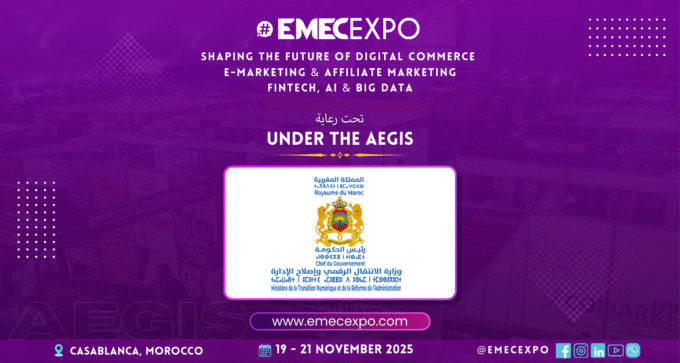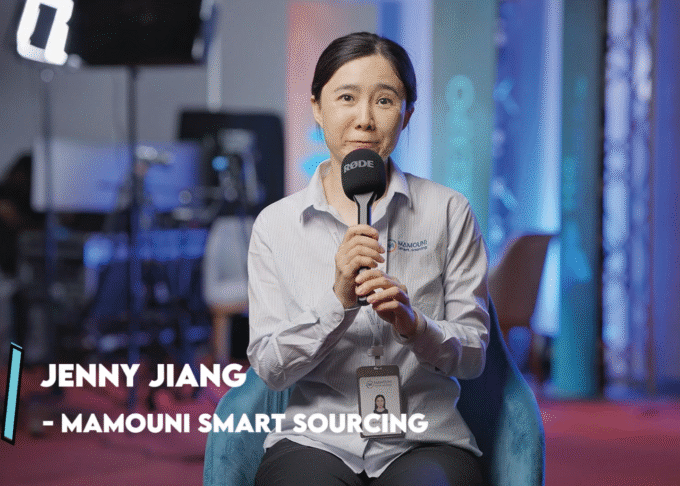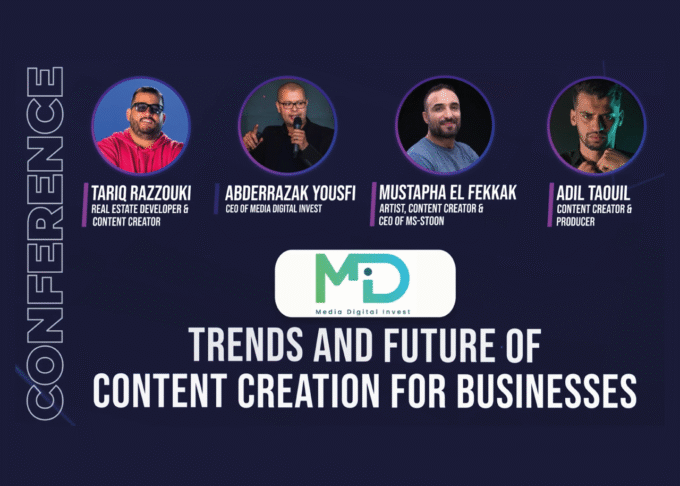The EMEC EXPO 2024 conference in Shopyan provided a fascinating glimpse into the burgeoning role of Artificial Intelligence (AI) in the realm of E-commerce. This session, captured in the YouTube video “EMEC EXPO 2024 – SHOPYAN Conference: “The Use of AI in E-Commerce””, delved into practical applications of AI, particularly in enhancing the creation and marketing of digital products. The discussion, led by Mohammed TAHARAST, an expert demonstrating real-time interactions with AI tools, offered attendees valuable insights into how these technologies can address key challenges faced by online businesses.
TAHARAST began by highlighting the transformative potential of AI, mentioning tools like ChatGPT, Claude, and Bard. His initial enthusiasm centered around the capabilities of these AI models in content creation, specifically in copywriting. He acknowledged the perception of AI as a potential “threat” to traditional roles but quickly pivoted to emphasize its power as an “opportunity” to assist and elevate existing workflows.
A key focus of the session revolved around digital products. The expert clarified that while services like Netflix and IPTV face inherent complexities, the realm of digital products offers a fertile ground for AI integration. He encouraged attendees to explore platforms like Etsy and resale channels to identify successful digital product ideas.
To illustrate the practical application of AI, the speaker presented a compelling case study centered around selling a digital weight loss tracker. This example served as a tangible way to demonstrate how AI could be utilized throughout the product development and marketing process.
One of the initial steps highlighted was the crucial role of storytelling in crafting effective landing pages. He emphasized that a compelling narrative is essential to capture the attention of potential customers and encourage engagement with the product. Faced with a lack of initial ideas for the weight loss tracker’s story, the expert turned to AI, prompting it to generate potential narratives. This demonstrated how AI can serve as a powerful brainstorming tool, providing a starting point for marketing content.
The transcript reveals an iterative process of refining the AI’s output. The initial storytelling attempt by the AI, while understandable, was deemed somewhat generic. This led to a crucial point: the effectiveness of AI is heavily dependent on the quality and specificity of the prompts it receives. By providing more context and direction, the expert guided the AI to generate more resonant and persuasive narratives.
This iterative interaction underscored the importance of human oversight and collaboration with AI. While AI can generate content rapidly, human expertise is necessary to evaluate its quality, ensure its alignment with marketing goals, and refine it for maximum impact. The audience’s feedback on the AI-generated content further emphasized this point, with adjustments being made based on their perceptions of authenticity and persuasiveness.
The discussion then shifted to the concept of buyer persona, exemplified by “Sara”. TAHARAST explained that understanding the target audience – their demographics, motivations, and pain points – is fundamental to effective marketing. He illustrated how AI could be used to develop detailed buyer personas, providing valuable insights into the ideal customer for the weight loss tracker.
Building upon the buyer persona, the session addressed the critical step of identifying the specific problems that the digital product aims to solve. The expert directly engaged with the AI, asking it to list the core challenges faced by individuals trying to lose weight. The AI responded by identifying issues such as lack of consistency, difficulty tracking progress, emotional eating, unrealistic expectations, and social pressures and temptations. This highlighted AI’s ability to quickly analyze and synthesize common pain points relevant to a particular product category.
The Speaker stressed that once these problems are identified, the landing page should clearly articulate how the digital product offers solutions. Failing to connect the identified problems with concrete solutions can lead to potential customers abandoning the page. This reinforces the solution-oriented approach crucial for successful e-commerce.
To further enhance the landing page, the expert prompted the AI to suggest a motivational message, resulting in the phrase: “Every step counts, and we are with you every step of the way”. This demonstrated how AI can contribute to crafting compelling calls to action and reinforcing the value proposition of the product.
Towards the end of the session, He briefly touched upon using AI to generate the actual code (HTML and CSS) for a landing page. While time constraints prevented a detailed exploration of this aspect, it hinted at the potential for AI to streamline the technical aspects of online business as well. The audience’s initial lukewarm reaction to the AI-generated design and subsequent improvements after further prompting reinforced the theme of iterative refinement and the need for clear instructions.
In conclusion, the EMEC EXPO 2024 session effectively demonstrated the practical applications of AI in e-commerce, particularly in the context of digital products. Through a compelling case study of a weight loss tracker, TAHARAST illustrated how AI can assist in brainstorming, content creation (storytelling), understanding target audiences (buyer personas), identifying customer pain points, and even generating initial website code. The session emphasized that while AI offers immense potential for efficiency and innovation, human expertise in crafting effective prompts, evaluating AI-generated content, and iteratively refining outputs remains crucial for achieving optimal results. The insights shared provided a valuable roadmap for e-commerce professionals looking to leverage the power of AI to enhance their businesses.















